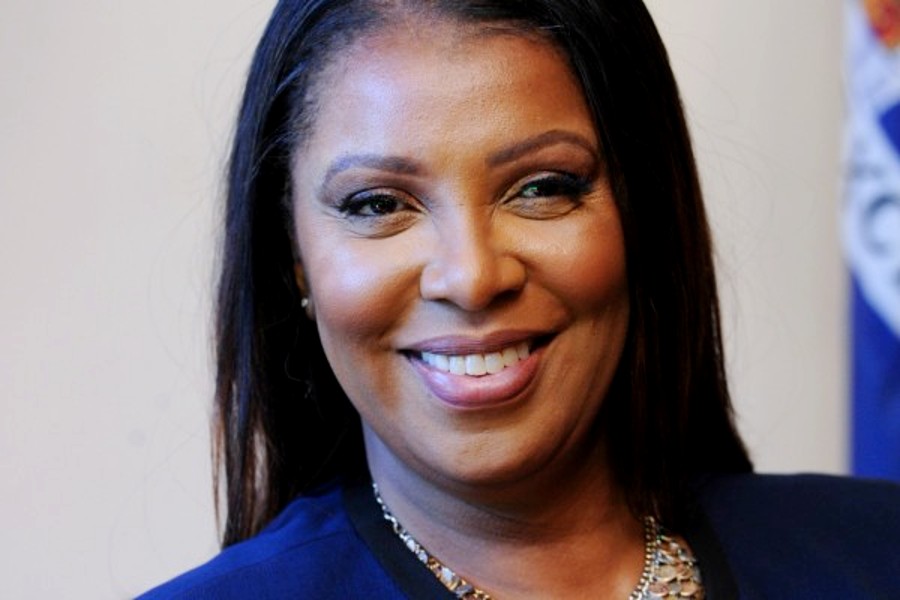By Walter Rutledge
Kwanzaa has become a nationally recognized celebration since it’s in inception in 1966. The concepts embodied in the seven principles known as the Nguzo Saba are universal in today’s society, but were extremely relevant to the civil rights era Americans of African decent; who were rekindling the concepts of self-determination, economic empowerment and social equality as their inalienable American birthrights. It is only befitting that village of Harem (the birthplace of the first cultural renaissance) and the Apollo Theater (one the original beacons of Black entertainment) would present Kwanzaa Celebration- Regeneration Night on Friday December 30, 2011.
The sold out family friendly rousing theatrical event was part celebration, part educational, and total spectacle. This is the fifth year the Apollo Theater has presented Kwanzaa Celebration – Regeneration Night, but it is the thirtieth year that the celebration has been held and nurtured by Forces of Nature Dance Theater Artistic Director, Abdel Salaam . His vision is, and has been, a driving forces behind the celebration, which is dedicated unity, community and the future- our youth.
The evening opened with a drum call and processional featuring the dancers from the Harlem Children’s Zone and Forces of Nature Youth Academy of Dance. The enthusiastic group of young performers were both disciplined and well rehearsed. It became apparent to all as these neophytes made their way down the aisles and onto the stage that we were paying tribute to the past by honoring the future.
Music, theater and ritual permeated the program, but it was the choreography of Salaam that was the celebratory highlight of the evening. He presented three works each explored different themes of the diaspora. Although the works were varied there was a central premise that run through all the dances. This premise seemed to relate back to the seven principles of the Nguzo Saba, but was never overt in presentation or content. The works had a subtle, yet deep structure that generated richness and complexity.
The opening movement of first work entitled Nguzo Saba conjured images from antiquity. The six draped women standing on concealed boxes appeared ten feet tall. The stunning imagery reminisced the statues in Valley of the Kings in ancient Thebes. As the work progressed aspects of the seven principles were defined through movement.
Pahdnas, a colloquial pronunciation of the word- partners, was a delightful and stylish work. The feel was South American (an important and often overlooked part of the diaspora) the dancers performed what can only be described as a Salaam Samba. The movement and gestural originality created a distinct and unique choreographic language, which pleasantly developed throughout the work. Salaam and his wife Dyane Harvey performed in the Pahdnas setting a tone of unpretentiousness that made you want to immediately make a reservation on the first flight to Rio. The polyrhythmic movements and social dance overtones were well complemented by the Salif Keita score.
The program concluded with Terrestrial Wombs a work that acknowledged the power of mother earth and the female as deity. The visual statement of the opening can only be described as epic. The movement displayed Salaam’s vast knowledge of West African dance. This was seamlessly combined with strong theatrical elements, modern dance and solid choreographic structure. Daaimah Taalib-Dim was a standout as the Earth Mother/Deity.
 Saying the work wowed the audience would be an understatement. Terrestrial Wombs ebbed and flowed with roller coaster speed rising action and mini climaxes, which left the audience wanting more. The finale of this tour de force work brought the Apollo audience to their feet.
Saying the work wowed the audience would be an understatement. Terrestrial Wombs ebbed and flowed with roller coaster speed rising action and mini climaxes, which left the audience wanting more. The finale of this tour de force work brought the Apollo audience to their feet.
Kwanzaa Celebration Regeneration Night was a glorious tribute to the meaning and spirit of Kwanzaa. The affordable price of the tickets contributed to make this an event in the community that was truly inclusive of the community. The level of showmanship attracted a diverse cross section of the new Harlem, who is also now a part of the universal meaning of seven principle of the Nguzo Saba.
Erin Baiano photographer
Related articles

Become a Harlem Insider!
By submitting this form, you are consenting to receive marketing emails from: Harlem World Magazine, 2521 1/2 west 42nd street, Los Angeles, CA, 90008, https://www.harlemworldmagazine.com. You can revoke your consent to receive emails at any time by using the SafeUnsubscribe® link, found at the bottom of every email. Emails are serviced by Constant Contact


























